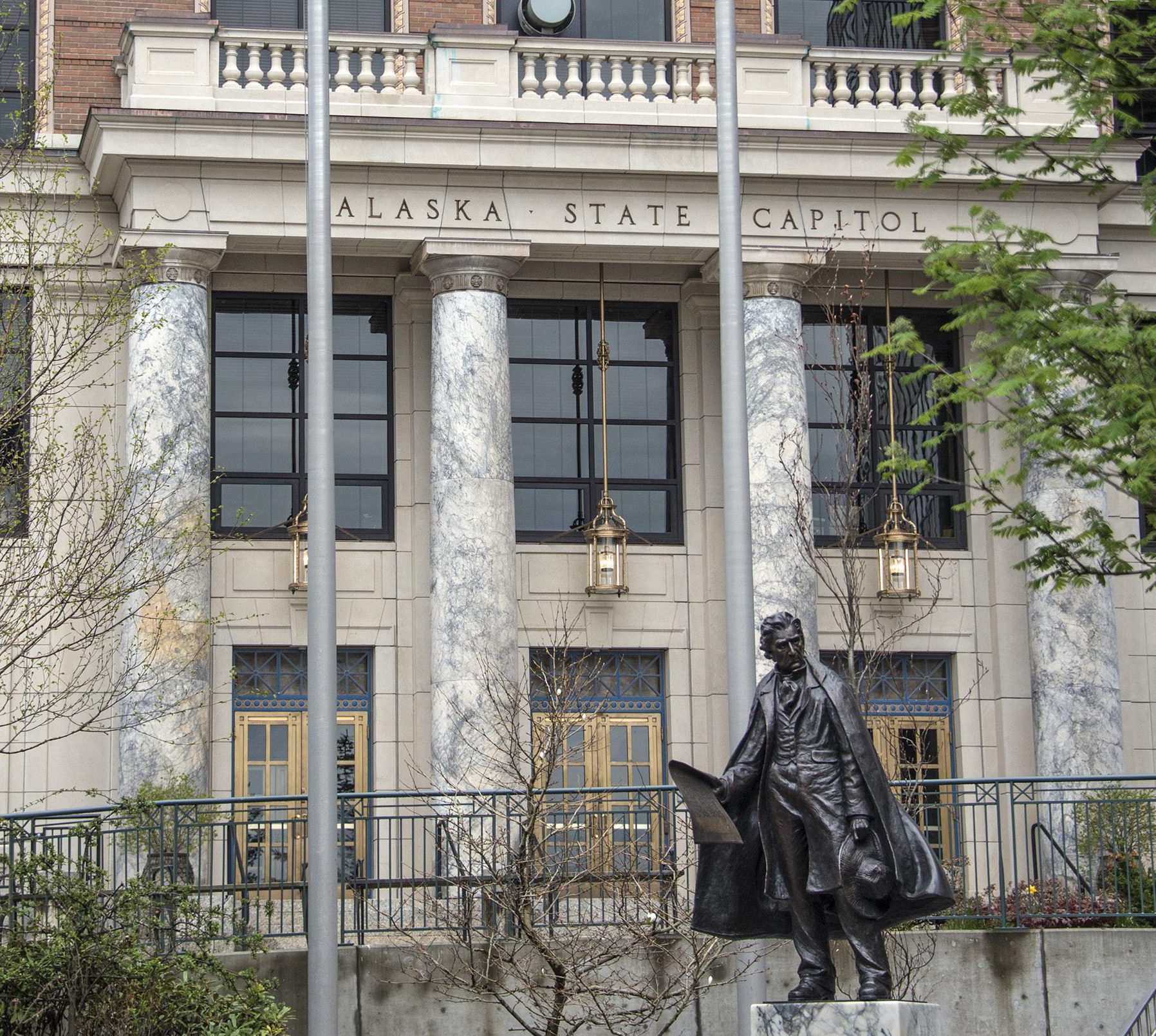In Alaska, Repeal Now, an organization supporting an effort to repeal the state's ranked-choice voting system, submitted 48,000 signatures to the Division of Elections on Nov. 6, 2025. At least 34,098 signatures must be found valid to appear on the ballot.
The initiative would eliminate the state's top-four ranked-choice voting (RCV) system, which combines top-four primaries with ranked-choice voting in general elections. This electoral system was established when voters approved Ballot Measure 2 in 2020.
The initiative would also repeal the campaign finance provisions enacted under Ballot Measure 2 (2020), which were designed to require persons and entities that contribute more than $2,000 per year from funds derived from donations, contributions, dues, or gifts to disclose the true sources of the political contributions. The ballot initiative defined true sources as persons and entities whose contributions are derived from wages, investment income, inheritance, or revenue from selling goods or services. Organizations that received less than $2,000 in dues or contributions per person per year were considered the true source.
If enough signatures are verified, it would be the second time voters have considered a proposal to repeal RCV in Alaska. In 2024, voters decided on a ballot measure, also titled Measure 2, to repeal RCV. The ballot measure was rejected, 49.9% 'Yes' to 50.1% 'No.'
A top-four primary is a type of primary in which all candidates are listed on the same ballot, and voters can choose one candidate per office regardless of party affiliation. The top four vote-getters advance to the general election, regardless of political affiliation. Top-four primaries are similar to top-two primaries. While five states use top-two style primaries, Alaska is the only state that uses a top-four system.
For the general election, Alaska currently uses ranked-choice voting (RCV). In RCV, voters rank candidates on their ballots. If no candidate wins a majority of first-preference votes, the candidate with the fewest first-preference votes is eliminated. Ballots that ranked a failed candidate as their first, or highest choice, depending on the round, are then reevaluated and counted as first-preference ballots for the next-highest-ranked candidate in that round. A new tally is conducted to determine whether any candidate has won a majority of ballots. The process is repeated until a candidate wins a majority.
As of November 2025, eight states, including Alaska, had laws authorizing or requiring the use of RCV for certain elections, while 17 states had laws prohibiting or restricting the use of RCV. Maine is the only state besides Alaska to use RCV in regular statewide elections. Hawaii also uses RCV in special federal elections.
Judy Eledge, chairperson of Repeal Now, said, "We really feel like there should be one vote, one person in the United States. We’re [one] of two states in the United States that has ranked choice voting. It’s extremely confusing to people, most certainly people that are maybe older and don’t understand it ... we’re just wanting to get rid of it because we just don’t think it’s a fair system," she said.
Rebecca Braun, a member of the board of Alaskans for Better Elections, which supports RCV, said, "It might not be perfect, but I think that it’s better. I don’t think there’s any voting system that like has no distortions. Mathematicians study this, and there’s almost nothing where you have 100% perfect outcomes. But this seems like to me a better system."
In Alaska, when enough signatures are verified for an initiative, the initiative is not certified for the ballot until after "a legislative session has convened and adjourned." This gives the Legislature a timeframe to consider the proposal or similar legislation. The initiative is void when “an act of the legislature that is substantially the same as the proposed law was enacted after the petition had been filed, and before the date of the election," according to state law. Otherwise, the initiative is certified to appear on the ballot for the first statewide election 120 days after the legislature's adjournment.
As of November 2025, one ballot initiative has qualified for the ballot in Alaska, which would establish campaign contribution limits for state and local offices. Signatures are also being collected for a ballot initiative to decriminalize psychedelic substances and another to change voter qualification language to provide that a person must be a citizen and 18 years old to vote. Signatures must be submitted before the start of the legislative session, which begins Jan. 20, 2026.
Additional reading:



